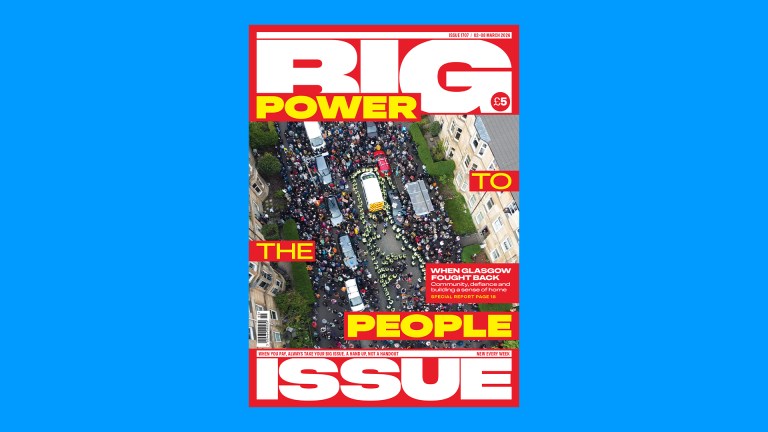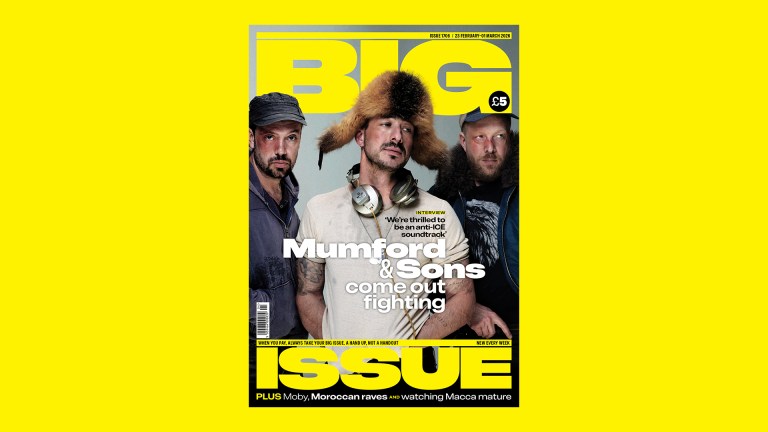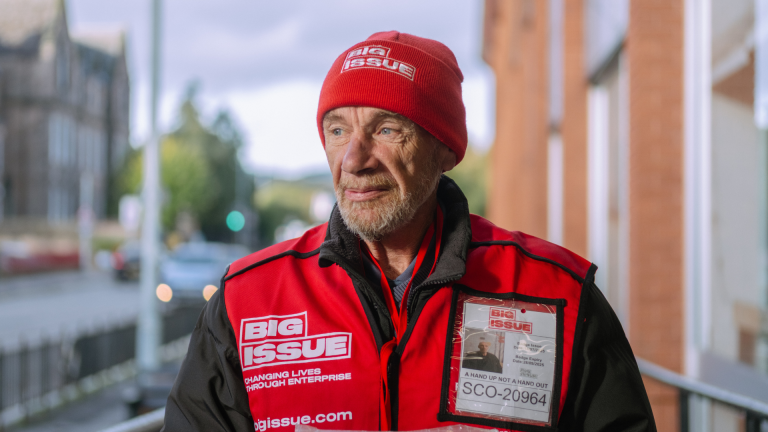Like all good British ideas, it was born in a pub. As Sir William Hillary gathered a crowd in a London tavern two centuries ago, something radical became a reality: an organisation to rescue those stranded at sea.
What began as the ‘Royal National Institution for the Preservation of Lives and Property from Shipwreck’ is now known by four letters: RNLI. And it celebrates its 200th anniversary on 4 March.
Throughout its history, the Royal National Lifeboat Institution (RNLI) enjoyed relatively little controversy as it went about the dangerous work of saving over 144,000 lives. Yet recently it’s been under attack. Fleeing global confl icts, people risk their lives to cross the English channel in small boats and claim asylum in the UK. Many die. The RNLI steps in to save them. And for this, it has been branded ‘woke’ and “accused of becoming obsessed with political correctness”.
Its volunteers have been heckled for bringing asylum seekers to safety. Nigel Farage called it “a taxi service for illegal immigration”. In 2021, Mark Dowie, the RNLI’s chief executive, was forced into stating the obvious: “We do not judge those we rescue – where we believe there is a risk to life at sea, we will always launch in response to a call from HM Coastguard.” A petition was launched to “defund” the RNLI – although how an organisation which generates 94% of its income from public donations could be “defunded” was unclear.
If this was the aim of the sustained outrage, it failed. Donations shot up from £7,000 a day to around £200,000 in a single day following Farage’s comments. Unsurprisingly, the iconic orange boats weathered the storm. To mark two centuries of saving the vulnerable, marooned, and stricken, Hayley Whiting, the RNLI’s Heritage Archive and Research Manager, talks us through photos that tell an enduring story of courage and tenacity. See more in this week’s issue.
What else is in this week’s Big Issue?
The ongoing tension between assisted dying and protecting the most vulnerable has been tightened by poverty
Gareth Ward’s voice breaks as he remembers his dad Norman, who took his own life after a 15-year battle with terminal cancer. He ended his pain, but it plunged the family into trauma they are still coping with years later.









